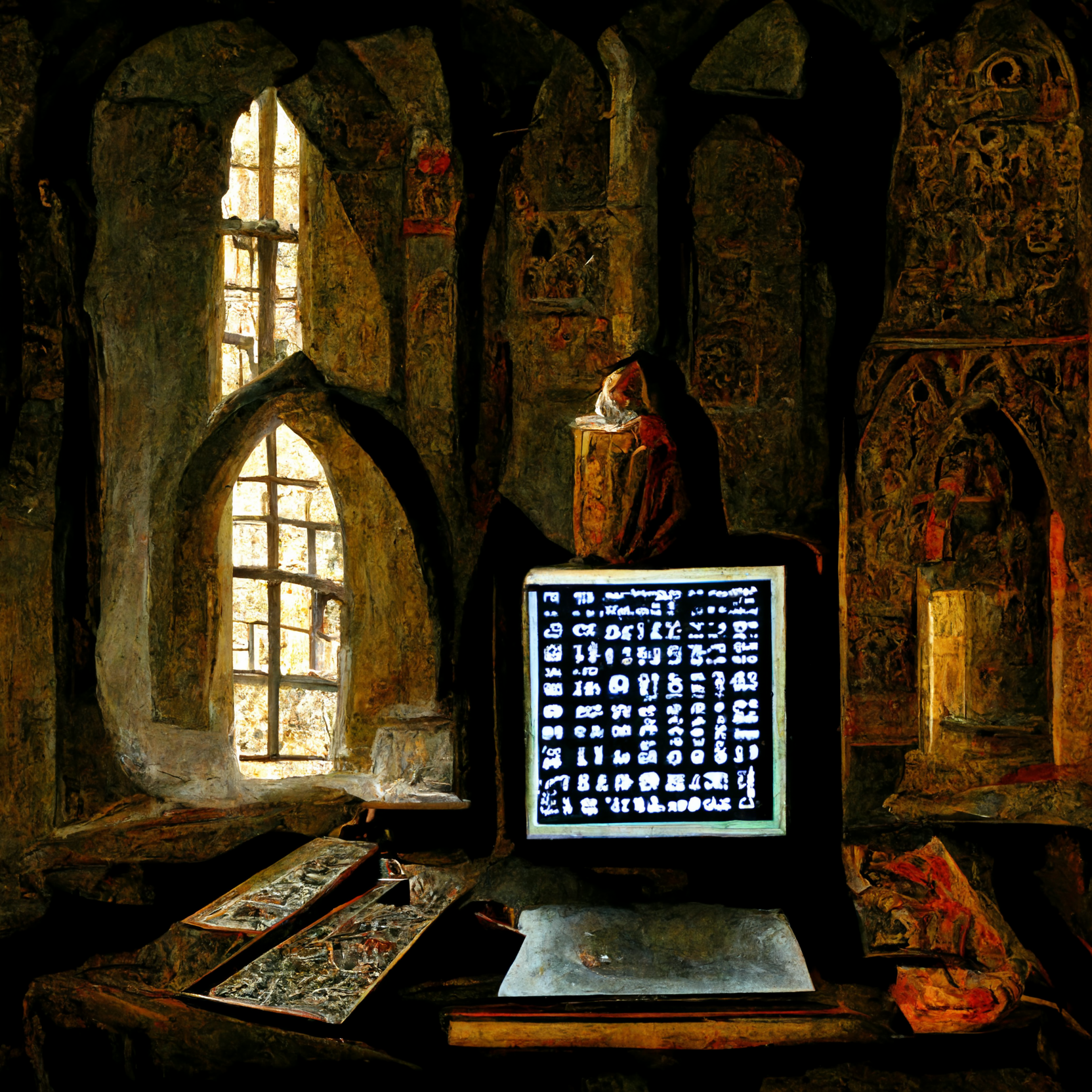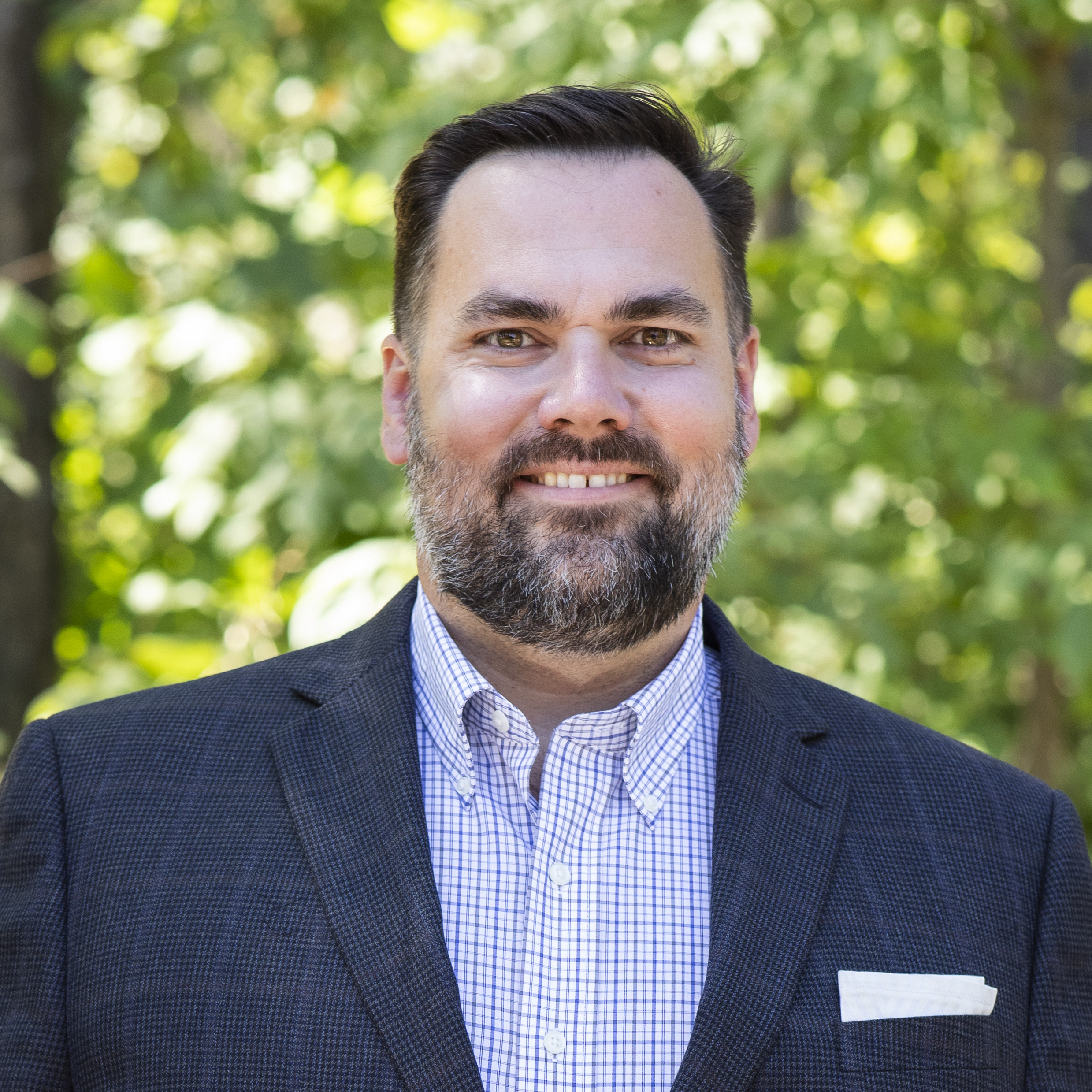Liberal Arts & Computing
Along with my colleagues and students at George Fox University, I am leading an initiative to integrate team- and project-based computing education into the liberal arts education, and especially the humanities. A liberal arts education has long proved robust and powerful because of the way it trains students to think critically and holistically, to solve problems creatively, and to read and write carefully. We have reduced college to little more than a place where we get career training or master a subject, all in pursuit of a credential. We do of those things and they are important, but they fail to grasp the most important feature of college: it is where we complete education! In conversation with peers and mentors, we spend these storied years learning how to learn to do anything throughout life.
We do not see that going anywhere. In fact, whatever the dawning age of AI produces will likely make it more important. The liberal arts promise the most powerful, adaptable education from which to build dynamic career and a meaningful life, but only if it includes learning to use the tools that will redefine life and work over the next half century. At Fox, we have been working toward this for a few years, but the nascent AI boom has only made it clearer how urgent it is for us to empower future generations of liberally educated humans to engage critically with these powerful new tools as we figure out what they can do. We are just not beginning to recognize the power of AI, but not of the technologies on their own; we are just now beginning to understand how much humans will be able to do with these tools, for good or ill.
So how do we accomplish all of this? It remains an open question, but only because it cannot be curricularized from the top; it cannot be taught through a series of static courses. The liberal arts education has proved so robust precisely because it provides a platform for students to pursue their own education, following their curiosity and their passions in conversation with their peers and faculty mentors. We are beginning to build a platform for students to discover and hone their aptitude for computer-assisted problem solving in pursuit of the same classical disciplines that have long motivated humans to grow intellectually: Philosophy, history, literature, theology, ethics, and the arts. Those disciplines will never be automated because they are inherently subjective and creative, critical disciplines that computers can increasingly approximate by mimicking human products. Educated humans will always be able to do more on top of whatever a computer model might generate. Planning for that future requires that we train the current generation how to do that carefully, critically, and ethically now.
 An image created by MidJourney Bot using the prompt “medieval style computer program.”
An image created by MidJourney Bot using the prompt “medieval style computer program.”
